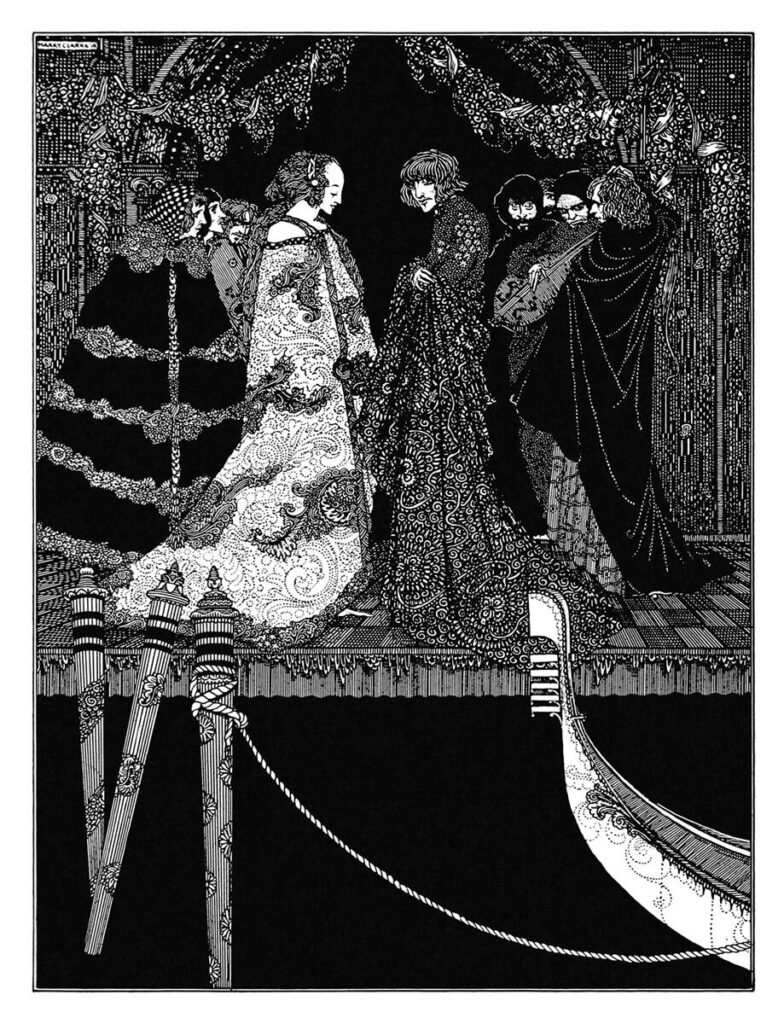I’m really enjoying the language-themed blog posts going around right now, check them out if you haven’t.
“The Ugg-Tecture of Language” by Playful Void
“Quantum Languages for Basic D&D” by Pointless Monument
“Thirteen Tongues (Making Languages Interesting)” by Dungeonfruit
Inspired by the Dungeonfruit post, I wrote some languages and their special uses. Descriptions or mechanics may need tweaking depending on how you implement languages in your elfgame. I assumed the 2d6 reaction roll mechanic.
Six Languages
Stonespeak
The language of dwarves, gnomes, and earth elementals. Slow, melodic. Can be spoken at a frequency non-speakers can’t hear when in rocky terrain or underground.
Windsong
Howling or whistling or keening, spoken by many sailors, elves, and air elementals. Can be heard over the span of 6 miles in open air. Has no script.
Scorch
Spoken at a whisper, it is a harsh, ashy tongue. Spoken aloud, it burns speaker and listener alike. Cultures who speak it learn war or temperance.
Riverway
A pidgin language used by riverboat traders. Allows a chance to speak other languages at a level below the speaker’s Riverway fluency. Reaction bonus with other speakers is doubled. Extremely difficult to learn, and teachers are rare.
Riddlewise
A tumbling, juggling tongue said to have originated in halfling communities. Partial speakers have no chance to understand speakers of a higher level — but one can always speak their truth at a lower tier. Masterful speakers can choose what others will hear at lower levels.
Quillsh
A drolling, verbose language useful for describing arcane formulae. Scrolls or spellbooks written in Quillsh take half as long to copy, making them highly prized. Masterful speakers can translate into a new language on the fly, securing their own books while still taking advantage of the script’s ease. They may also invoke spell scrolls without being wizards themselves.
Three Dialects
The alignment tongues are spoken within another language — a series of hidden rhetorics and keywords discernible only to the trained ear. They grant reaction bonuses with other speakers as normal, but have other effects when intoned against the Unaligned.
Law
The language of codification. Listeners test morale. On a fail, you set their reaction for as long as you speak. On a success, or when you stop conversing, they roll reaction on 1d6.
Chaos
The language of discord, change, and iconoclasm. Can be invoked to reroll a reaction roll once per interaction.
Neutrality.
The language of resolve and nature. Flattens reaction rolls to 1d6+4.
The image above is Marchesa Aphrodite by Harry Clarke
